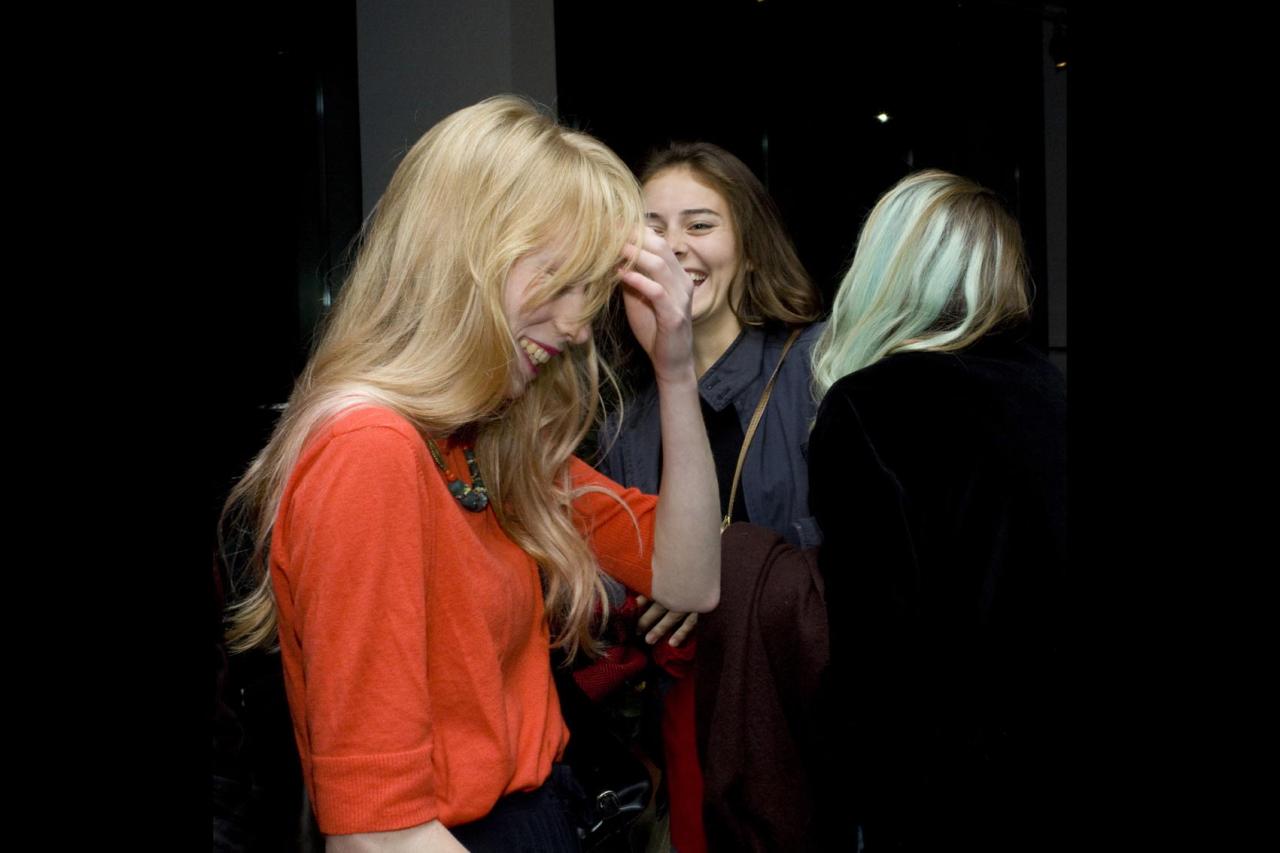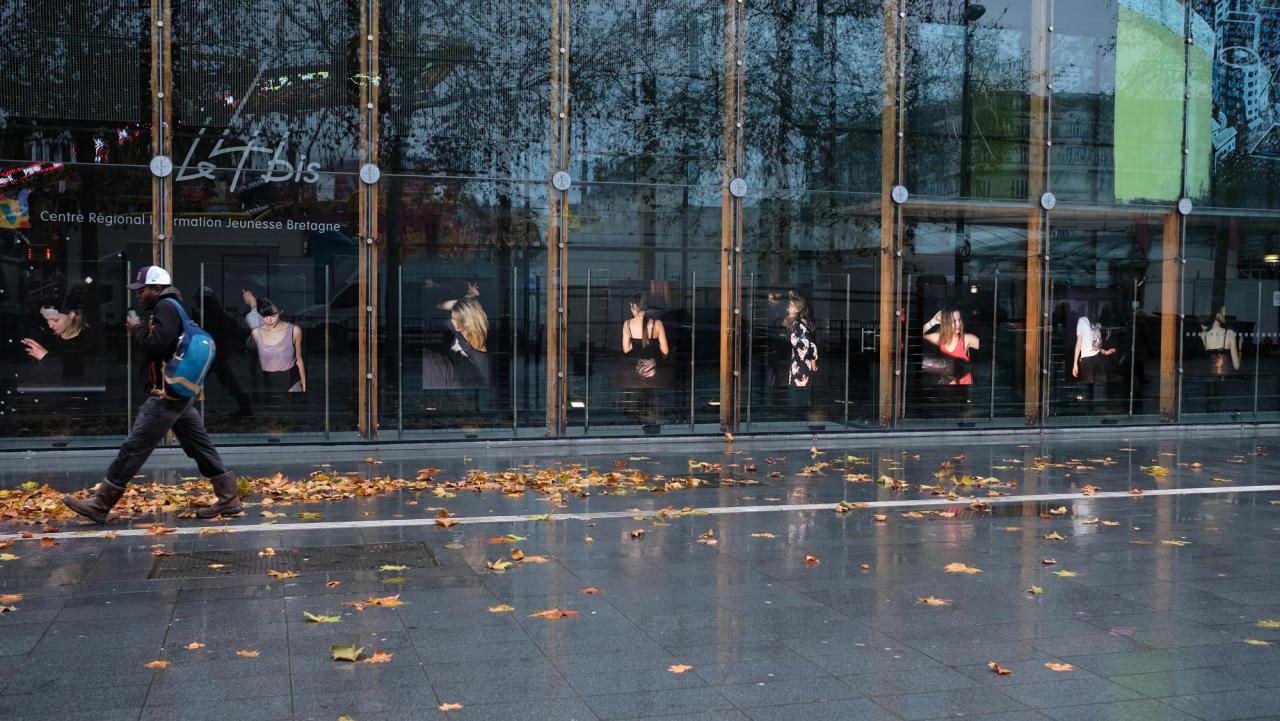David Zérah
Born in 1966
Lives and works in Rennes


The most striking aspect of David Zérah’s photographic works is their aesthetic quality: his colour prints catch the eye with their bright hues and the diversity of their compositions, which range from panoramic views to details and objects. The subject matters seem somewhat familiar at first glance, with ordinary or commonplace scenes, and scenery and objects of everyday life. And yet they are tinged with a sense of strangeness: David Zérah is clearly not a documentary photographer or, should he make use of familiar images, he does so to question the mystery or strangeness that emanates from them. Something in these pictures tells us that they are in some way staged, which causes a discrepancy between our “ordinary” vision and that which the images offer us. In fact, whether he borrows his “subjects” from literature and cinema or from moments and situations of everyday life, David Zérah always creates a distance, a kind of set-up, which calls into question the reality of what we are seeing or made to see. In this sense, his “aestheticism” is his way of sharing his outlook on the world and the concerns he is willing to share with us about society, its codes and its imagery. He proceeds as a writer or filmmaker would, telling us stories with fairly common or ordinary narrative lines, but imparting them with a touch of wonder or unusualness through the storytelling process. In this regard, his work is in some ways reminiscent of the fundamental ambiguity present in the works of British photographers such as Martin Parr or Nick Waplington, with the difference that David Zérah is more attached to introspection, to something akin to reverie, rather than looking at the society around him. In each thing (an object, a flower, a landscape…), in each of his characters’ occupations, he sees another scene, another object, or another situation – hence the somewhat delicately distanced nature of his vision, which is neither declamatory nor emphatic, neither realistic nor illusionistic. It does not bear any specific message, save that of pulling us back into our own reveries.
Jacques Sauvageot